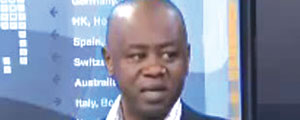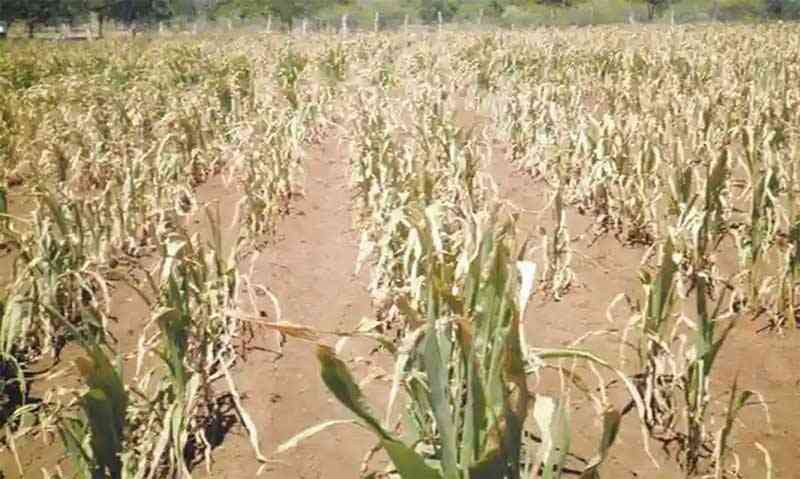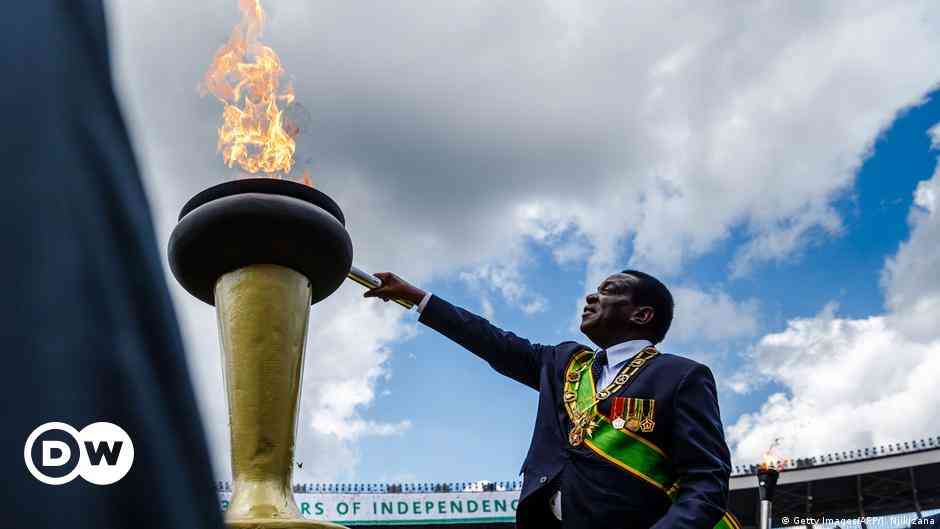
The foundations upon which we must build our future cannot be based on the gratification of our voracity.
Report by Vince Musewe
I have come to understand who we are as Zimbabweans; we are a society so caught up in material possessions to the extent that what we possess, defines who we are and how important we are perceived to be in society.
Because of this, what we can acquire or take from others and not what we can give has become our sole purpose in life.
This demeans who we are.
Our ideals as a society have become so infatuated with power, not to exercise it to the benefit of society, but as a means to an end; a means to merely own, to control, to have, to take, to be feared and, therefore, to feel important. In the event that we are unable to do that, we use any means possible as long as we get what we want. Because, if we can’t have it, we perceive ourselves or are perceived by others as “nobodies”.
Unfortunately, this incessant fixation with material gain has permeated all sectors of our society, be it in politics or business or even personal relationships or religion. It is always “What can I get out of this?” and not “How can I add value and be of service to others?”“Who is he or she” they ask? “What does she have?”
The implications to us, are that we may not be able to achieve our full developmental aspirations as a nation and improve the quality of life of ordinary Zimbabweans simply because our priorities are in the wrong place.
- Chamisa under fire over US$120K donation
- Mavhunga puts DeMbare into Chibuku quarterfinals
- Pension funds bet on Cabora Bassa oilfields
- Councils defy govt fire tender directive
Keep Reading
How can we do that when our leadership’s primary concern is their stomachs? We have seen this in our agricultural sector, for example, where the possession of multiple farms is more important than food production. Where our mineral resources are taken and controlled by a cabal whose only concern is the size of cars they drive.
Zimbabweans in general now mimic their political masters and this has resulted not only in the misallocation of scarce resources, but sheer waste of the country’s resources that could be otherwise deployed to ameliorate our socio-economic conditions. Position, power, control has become the opium of the people.
My idea of a new Zimbabwe is based on us first ensuring that we have new leadership values in politics.
We must see a completely new narrative about who we are, what is important and who we can become.
This narrative will not arise out of the blue, or from chanting party slogans, but can only be as a result of the emergence of that new leadership in Zimbabwe. We need a deliberate social transformation agenda that looks beyond ownership of assets or indigenisation as the panacea to all our problems.
That is where I differ; I do not think that our society can develop to its full potential if they possess assets, own that or this without a new value system underpinned by dignity and the realisation that material wealth can never define who we truly are.
The foundations upon which we must build our future cannot be based on the gratification of our voracity.
We are more than we can ever imagine and our focus on material things and the gratification of egos demeans our value as a society. When we spend our energy focusing on acquiring, on taking and selfishness, we somehow lose our true humanity. The politics of possession can never take us where we ought to be as a country.
I am much afraid of our politicians and the political deals which I hear are being made. These accommodations are mainly geared to satisfy egos, to satisfy taking, owning, possessing, position and not those things that matter to ordinary Zimbabweans. How wretched we are!
I pray that God continues to release His wisdom upon us so that we, as a country with unimaginable potential, can redefine what is truly important. Vince Musewe is an economist based in Harare; you may contact him on [email protected]











